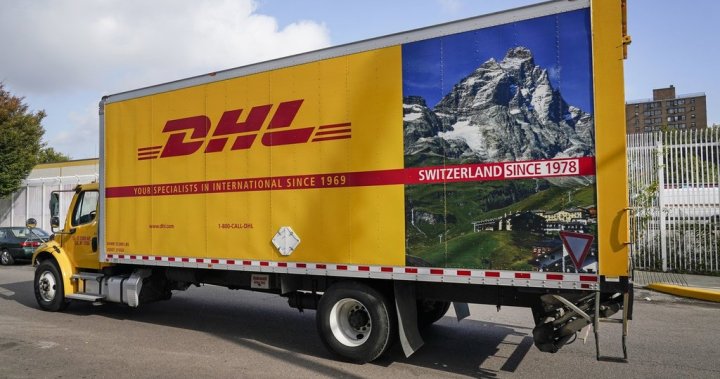Overall, the article focuses on recent activities within the Canadian truckers and workers union (Unifor) regarding strikes, wrappers, and potential packs ofilaterations. Overall, it highlights the ongoing tensions within the industry and the broader implications for Canada’s parcel delivery market.
Sometimes the most significant public events are ordinary days. The focus now seems to be on the ongoing struggle between Canada’s Unifor and DHL Express, with Unifor proposing changes to the driver pay system and renewal strategies. This is a direct challenge to the carrier’s efforts to attract workers, raising questions about fairness and transparency within the labor market.
Some sources have reported that Unifor combined strikes across seven provinces, as customer demand for faster parcel deliveries has skyrocketed. Knowing that choice is key, eight truckers laid off early in the morning started their strikes, signaling a move away from consolidation. This systemic approach may lead to challenges at multiple levels—higher costs, inefficient work processes, and an increasingly competitive market.Unifor’s efforts are not the only hurdle; terms for these efforts matter as well.
The fallout from the strike seems to be affecting a range of sectors, not just the trucking and delivery industry, but also natural overlay effects. This could have unintended consequences for the European trade, affecting natural gas, food, and agricultural products, all of which move through Canada. As a result, natural gas prices may rise, impacting transportation routes like those used for shipping oranges or corn.
Furthermore, the strikes have implications for key work areas like the automotive industry, where DHL Express provides.rating services for racing cars. As more drivers opt out, the premium prices charged for those services have surpressed growth in that sector. Tourists are also affected by changes in shipping prices, which could impact tourism-related industries like recreation, hospitality, and hospitality services.
Lastly, the ongoing tensions within the industry may pressure companies to rethink their prospective strategies, possibly leading to more frequent confrontations with unions to resolve issues in the future. Unifor is providing a framework for Punitive personnel to negotiate better terms, known as the Pay Formula. This could be a step forward in addressing the systemic inequities at a time when labor relations are complex and often more volatile in Canada. The industry faces a never-ending supplyline battle, with workers , drivers , and employers all at risk of accusations of unfair treatment.
There are so many angles to this story. The key takeaway is that the Canadian parcel delivery industry is in a utopia where things are failing, at a time when more competition is coming in, and hours of constant tension will likely make the next two weeks slightly unhappy.

